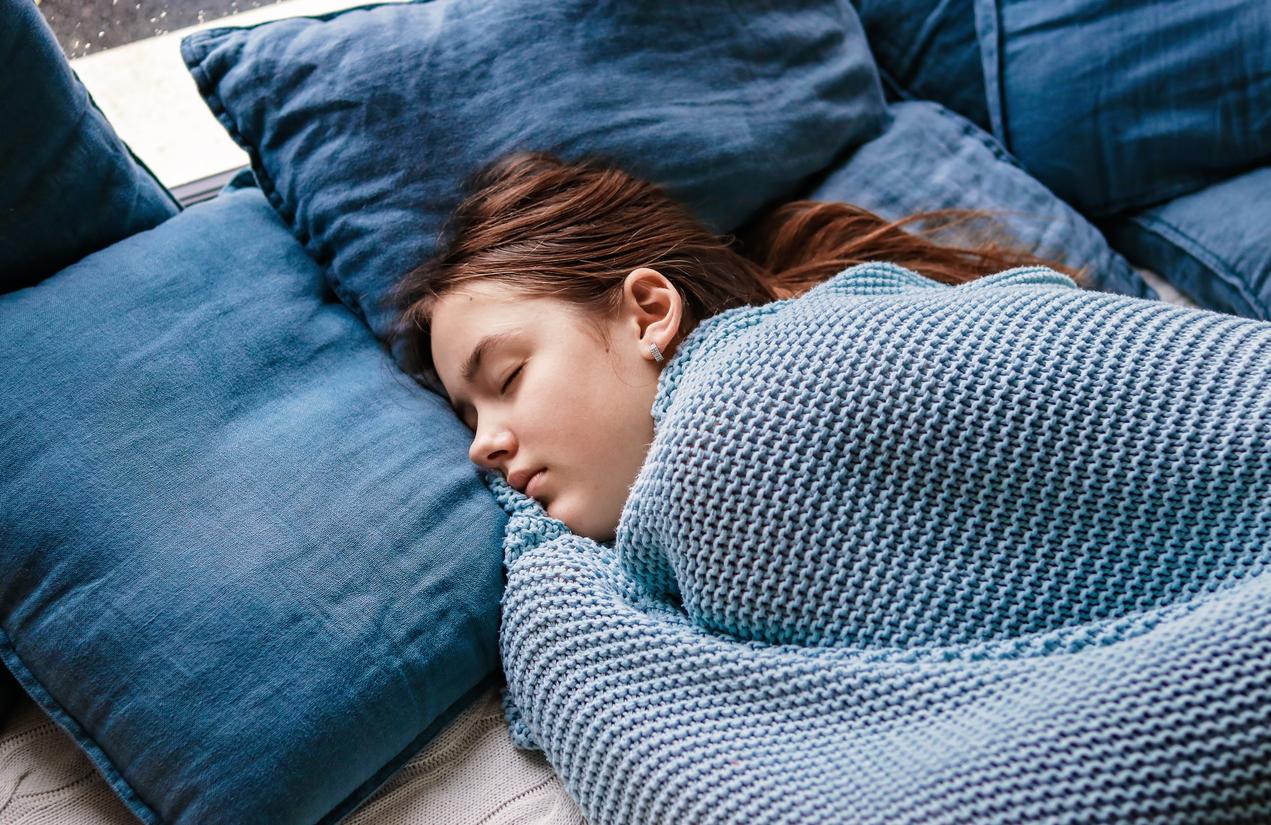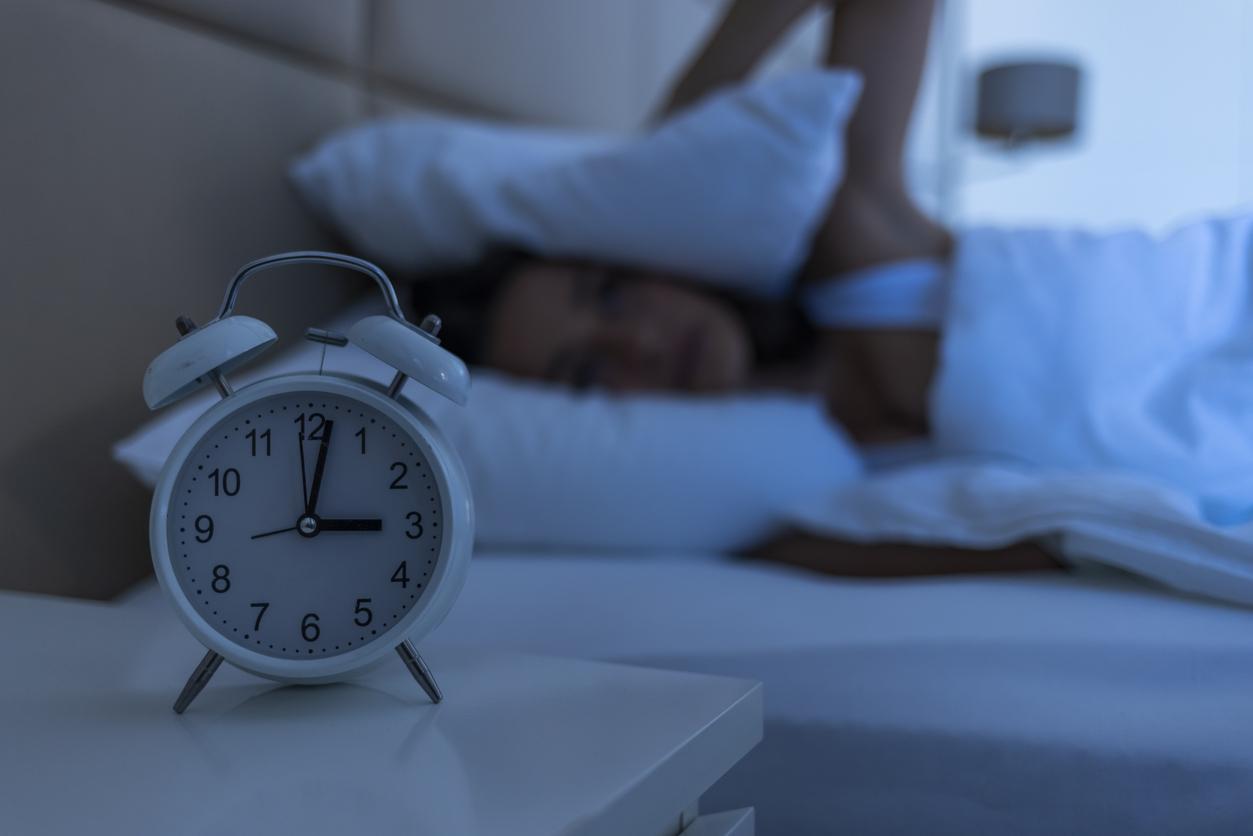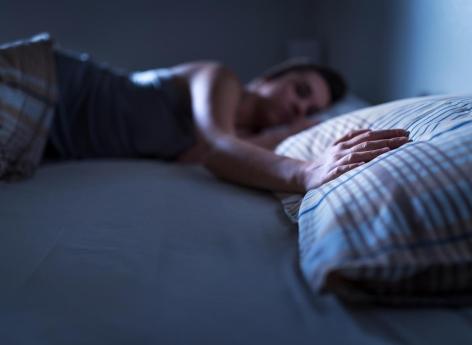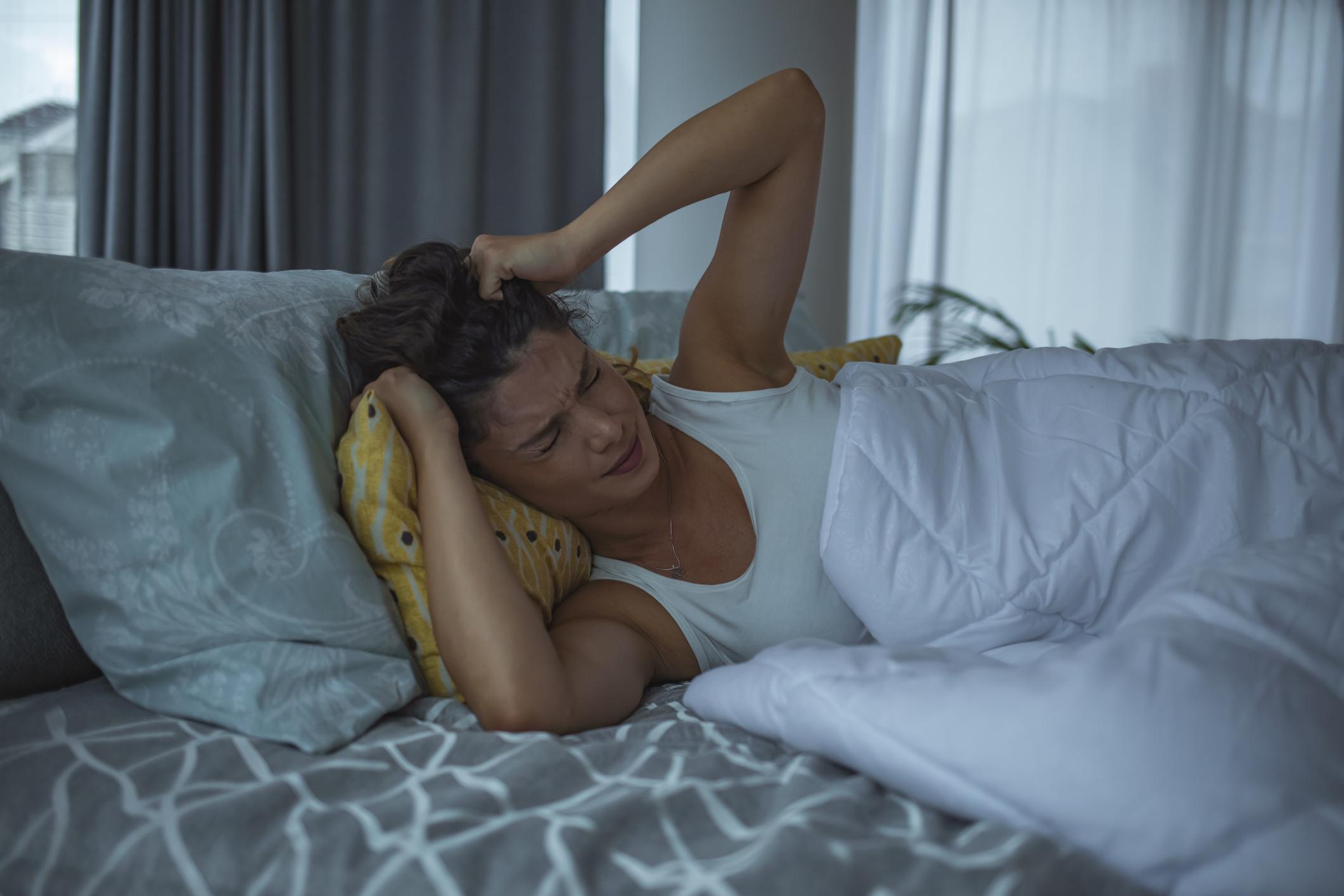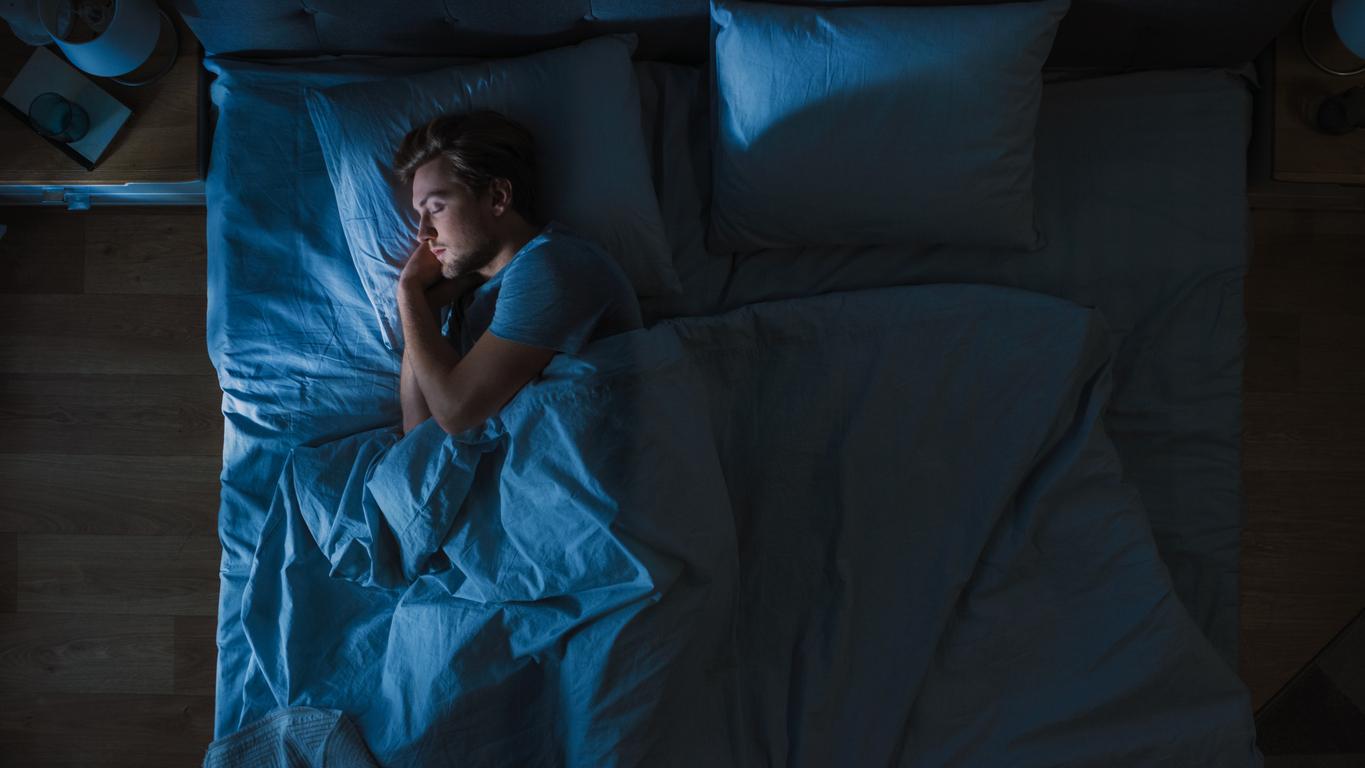During the first lockdown in March 2020, almost three out of four people said they had suffered from sleep disturbances.

- During the first confinement, there was a 25 point increase in sleep disorders.
- This disorder must be taken seriously because it can lead to many pathologies such as Parkinson’s, asthma, chronic bronchitis, tachycardia or hyperthyroidism.
- To sleep well, you have to exercise, eat well, be regular in the hours of sleep and promote light.
The French are sleeping less and less well. During the first confinement, at least March 2020, sleep disorders even jumped, according to a survey by the sleep center of the Hôtel-Dieu hospital in Paris. In total, 74% of respondents said they had suffered from sleep disorders during this period, compared to 49% according to a previous study from 2017, an increase of 25 points.
A disorder that can lead to serious pathologies
Beyond this particular period of confinement, 20% of French people suffer from chronic insomnia. This disorder must be taken seriously because it can lead to many pathologies such as Parkinson’s, asthma, chronic bronchitis, tachycardia or hyperthyroidism. A 2019 study also shed light on an increased cardiovascular risk in people with insomnia. In addition, less sleep modifies social relationships and encourages less interaction with others.
Suffering from insomnia is not inevitable and it is possible to improve your sleep. “Know your own sleep, know the regularity of schedules in general and in particular the time of getting upunderlines Marie-Françoise Vecchierini, neurologist and sleep specialist at the Hôtel-Dieu hospital, in LCI. Physical exercise is also very important.” To this we must add food, which plays a fundamental role, but also light, which promotes the alignment of circadian rhythms and improves sleep. Conversely, screens are not recommended just before falling asleep.
Manage insomnia when it happens in the middle of the night
When insomnia intervenes, it is possible to fight against it. To go back to sleep more quickly when sleep has been interrupted, you must first of all not think about it! In other words, don’t be afraid of not getting there because it can raise the adrenaline level and prevent you from falling asleep. If the duration of the alarm clock exceeds 25 minutes, it is recommended to get out of bed and do a short activity such as a breathing exercise, meditation or even paper reading because the use of screens is strongly discouraged. The goal is to take your mind off things and relax.

.









